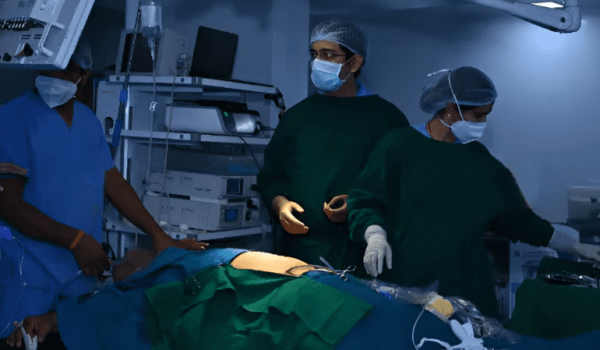
Surgical oncology is a specialized field of medicine that focuses on the diagnosis, treatment, and management of cancer through surgical means. This includes the removal of cancerous tumors and surrounding tissues, as well as reconstructive surgery following cancer treatment. Surgical oncologists work in collaboration with other healthcare professionals such as medical oncologists, radiation oncologists, and pathologists to develop personalized treatment plans for each patient. They also play a crucial role in providing post-operative care and monitoring for signs of cancer recurrence. With advancements in technology and surgical techniques, surgical oncology has become increasingly sophisticated, offering patients better outcomes and improved quality of life.
Surgical oncology revolves around delivering compassionate and patient-centered care. Surgical oncologists prioritize establishing strong relationships with patients and their families, striving to understand their specific needs and worries. They collaborate closely with individuals to develop personalized treatment plans that align with their unique circumstances. Keeping pace with the latest research and medical advancements is crucial for surgical oncologists as they aim to provide patients with the most innovative and effective treatment options available. Their responsibilities span from removing cancerous tumors through surgical procedures to offering ongoing support and guidance throughout the treatment journey. With unwavering dedication, surgical oncologists ensure that their patients receive the highest level of care and support during their cancer diagnosis and treatment.

The most common type of surgery for cancer treatment is the removal of the tumor and surrounding tissues (known as a lumpectomy or mastectomy for breast cancer).
Recovery time from cancer surgery varies depending on the type of surgery and individual patient factors, but can range from a few days to several weeks or more.
Alternative treatments to cancer surgery may include radiation therapy, chemotherapy, immunotherapy, or targeted therapy. The best treatment plan for each patient depends on their individual case and should be discussed with their healthcare team.

“Experience compassionate care and advanced medical treatments at RR Hospitals – where your health is our priority.”
Stay in touch with our news and promotions